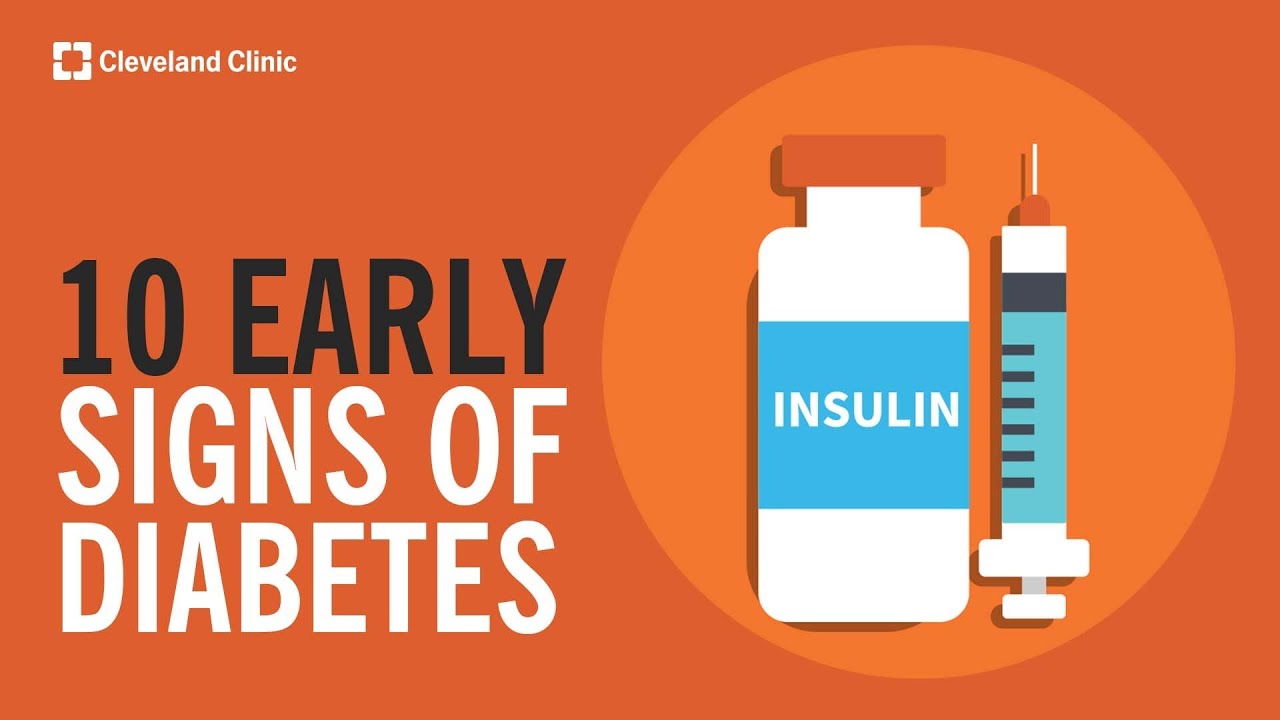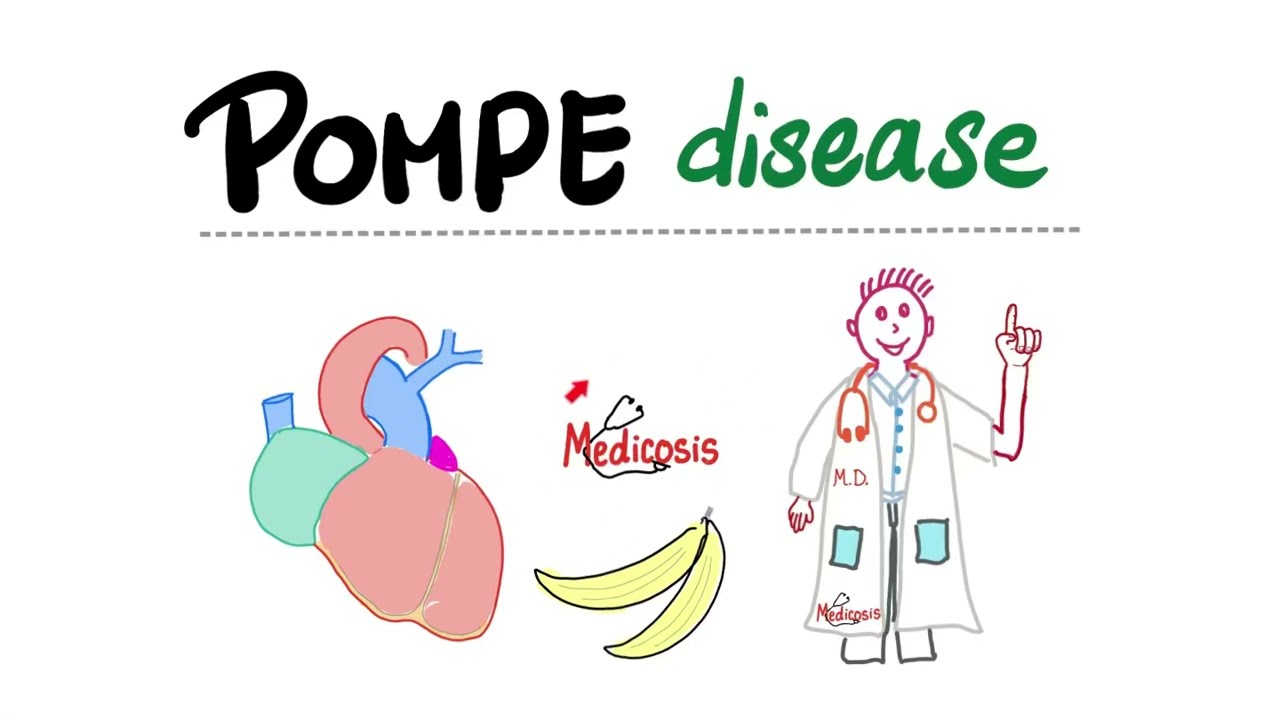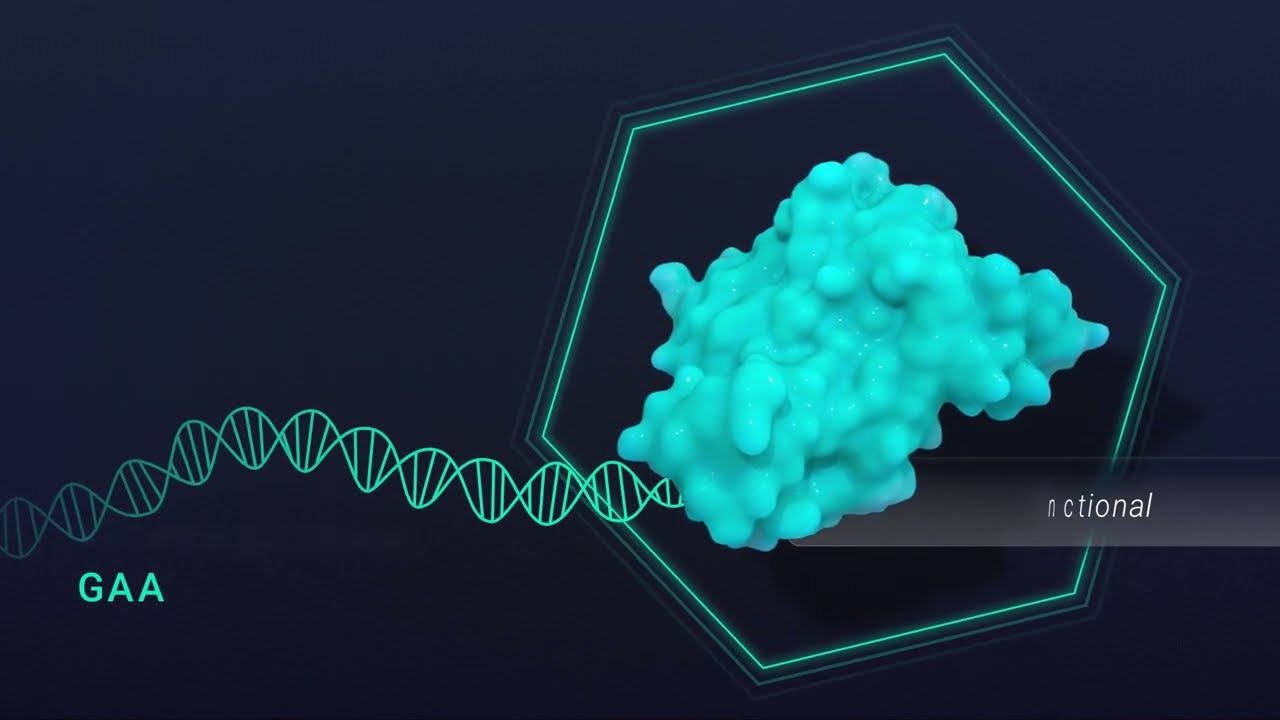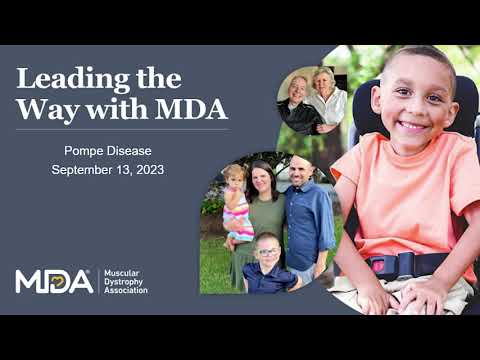Radiotherapy in children with cancer may up diabetes risk
Reuters Health • The Doctor's Channel Daily Newscast
According to the findings, reported in the Archives of Internal Medicine for August 10/24, total body irradiation and abdominal irradiation were tied to 7.2- and 2.7-fold increased risks of diabetes (p < 0.001 for both).
The findings from a few small studies have linked radiation treatment of pediatric malignancies with diabetes, noted lead author Dr. Lillian R. Meacham of Emory University in Atlanta and co-researchers. The purpose of the current cross-sectional study, they explain, “was to further elucidate the risk of diabetes in long-term survivors of childhood cancer using a large, diverse, and well-characterized cohort of survivors and a comparison group of siblings.”
The study included 8599 subjects who were enrolled in the Childhood Cancer Survivor Study. The subjects were diagnosed with a childhood malignancy between 1970 and 1986 and then evaluated in 2003. Diabetes rates in the survivors were compared with rates in 2936 randomly selected siblings.
The average ages in the survivor and sibling groups were 31.5 and 33.4 years, respectively. Diabetes was diagnosed in 2.5% of survivors and in 1.7% of siblings. After accounting for age, sex, body mass index, and other potential confounders, survivors were 80% more likely to have diabetes than were siblings.
In addition to radiation, significant correlates of diabetes risk included the use of alkylating agents (OR = 1.7) and age at diagnosis of 0 to 4 years (OR = 2.4), the report indicates.
The added burden of diabetes will likely lead to even greater morbidity and premature mortality in childhood cancer survivors, the authors emphasize. Thus, it is critical that clinicians be aware of this risk to institute aggressive prevention strategies and to screen for and treat overt diabetes.
Reference:
Arch Intern Med 2009;169:1381-1388.








